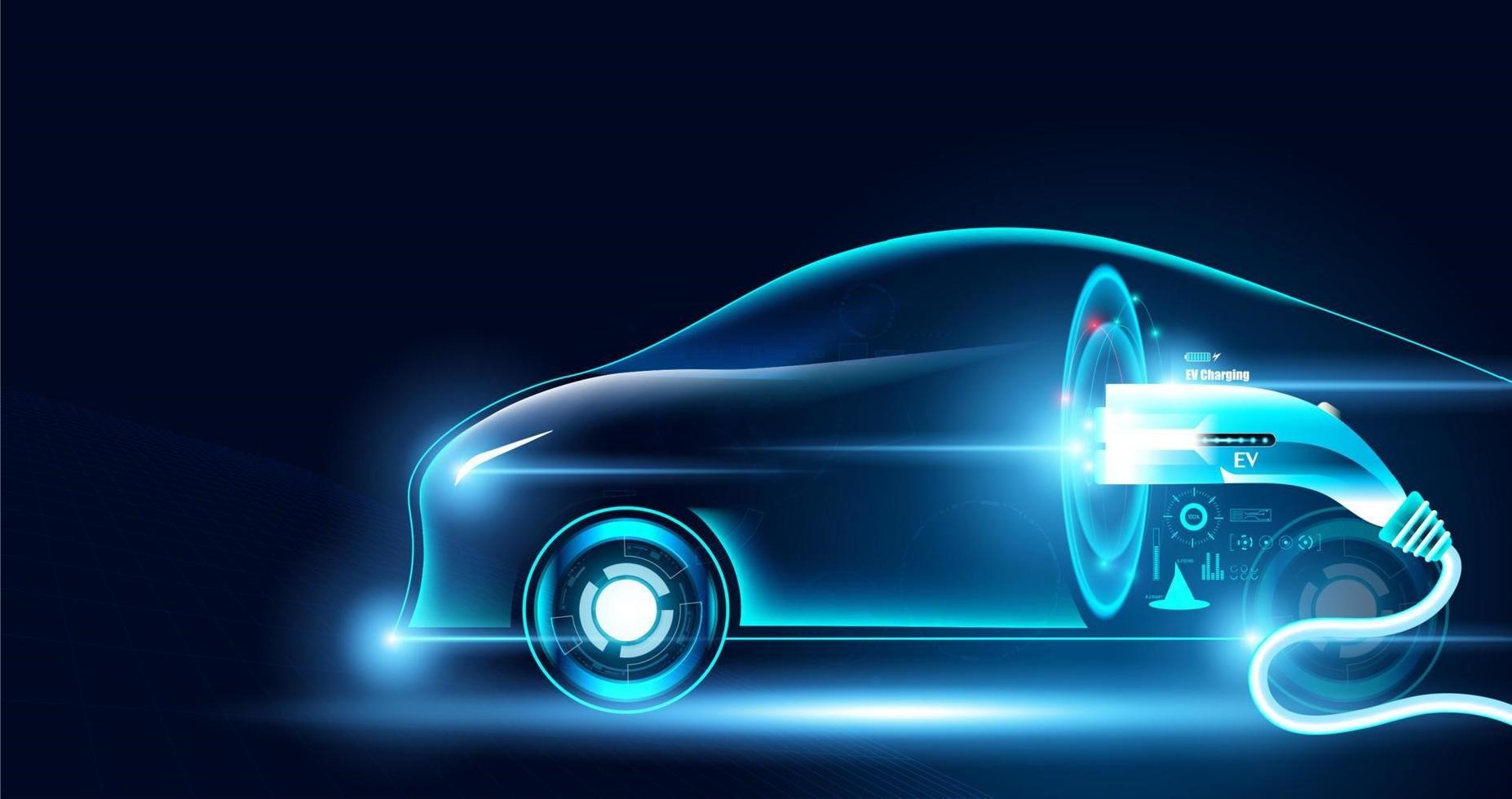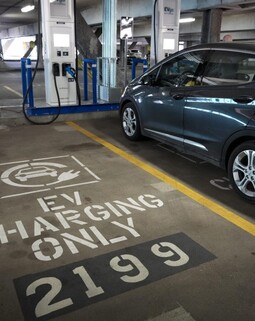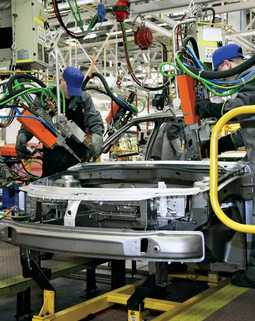Ivory Coast's automotive sector is emerging as a vital component of its economic development. With increasing demand for vehicles driven by urbanization and rising incomes, the industry offers significant potential for growth. This article explores the dynamics of Ivory Coast’s automotive market, key challenges, and opportunities shaping its future.
A Growing Automotive Sector in Ivory Coast
As one of West Africa's fastest-growing economies, Ivory Coast has seen a steady rise in automotive sales. The expansion is largely driven by the country’s burgeoning middle class, improved road infrastructure, and the need for reliable transportation. Urban centers like Abidjan are hubs of vehicle demand, particularly for passenger cars and commercial vehicles.
Passenger Cars and Two-Wheelers: Leading the Market
Passenger cars dominate Ivory Coast's automotive sector, catering to urban commuters and families. Additionally, two-wheelers remain popular due to affordability and convenience in navigating congested city streets. The increasing availability of low-cost vehicles and financing options further contributes to this growth.
Commercial Vehicles: Fueling Economic Activities
Commercial vehicles play a pivotal role in supporting Ivory Coast’s economy. They are essential for sectors like agriculture, logistics, and construction. The rise of e-commerce and demand for efficient supply chain operations have increased the need for light and heavy-duty trucks, expanding this segment.
Despite its growth potential, Ivory Coast's automotive market faces notable challenges that need addressing to unlock its full potential:
Reliance on Used Vehicles
The market is heavily reliant on imported used cars, which dominate vehicle sales due to their affordability. While this meets immediate consumer needs, it poses challenges for environmental sustainability and long-term market development.
Regulatory Hurdles
The lack of stringent regulations on vehicle imports often results in the entry of older, less environmentally friendly vehicles. Implementing clear policies on emissions standards and vehicle quality is crucial for market stability.
Limited Local Manufacturing
Ivory Coast has limited domestic vehicle assembly or manufacturing capabilities. Developing this capacity could reduce reliance on imports, lower costs, and create jobs across the value chain.
Green Technology and Electric Vehicles (EVs)
With global shifts towards sustainability, Ivory Coast can position itself as a regional leader in green automotive technology. Initiatives to introduce electric vehicles (EVs) and build supporting infrastructure like charging stations would align with international trends and reduce environmental impact.
Expansion of Financing Solutions
Innovative financing models, such as microloans or leasing options, can make vehicle ownership more accessible. Collaborations between financial institutions and automotive companies could bridge affordability gaps, especially for first-time buyers.
Public Transportation Modernization
Investments in modernizing public transport fleets with buses and taxis could improve urban mobility. The government’s involvement in public-private partnerships to fund these initiatives would provide a significant boost to the automotive sector.
Government Support: Paving the Way for Progress
The government of Ivory Coast has recognized the importance of the automotive industry in driving economic growth. Policies aimed at reducing import duties for new vehicles, encouraging foreign investment in assembly plants, and promoting EV adoption are already under discussion.
Public-Private Partnerships
Collaborations between the government and private investors are essential for developing infrastructure and creating a favorable business environment. Public-private partnerships (PPPs) can attract global players, enhancing the sector’s competitiveness.
Vocational Training Programs
Developing a skilled workforce to support automotive manufacturing, assembly, and maintenance is crucial. The government can facilitate vocational training programs to meet industry demands and create employment opportunities.
Outlook: A Bright Future for Ivory Coast’s Automotive Industry
Ivory Coast's automotive sector is on the cusp of transformative growth. While challenges like reliance on used vehicles and limited local production persist, opportunities in green technology, financing solutions, and public transport modernization present a promising path forward. With government support and strategic investments, the country is poised to become a key player in West Africa's automotive market.
By focusing on sustainable development and fostering partnerships, the Ivory Coast can build a robust automotive ecosystem that drives economic progress and improves the quality of life for its citizens.






